Cells, Free Full-Text
Por um escritor misterioso
Last updated 08 abril 2025
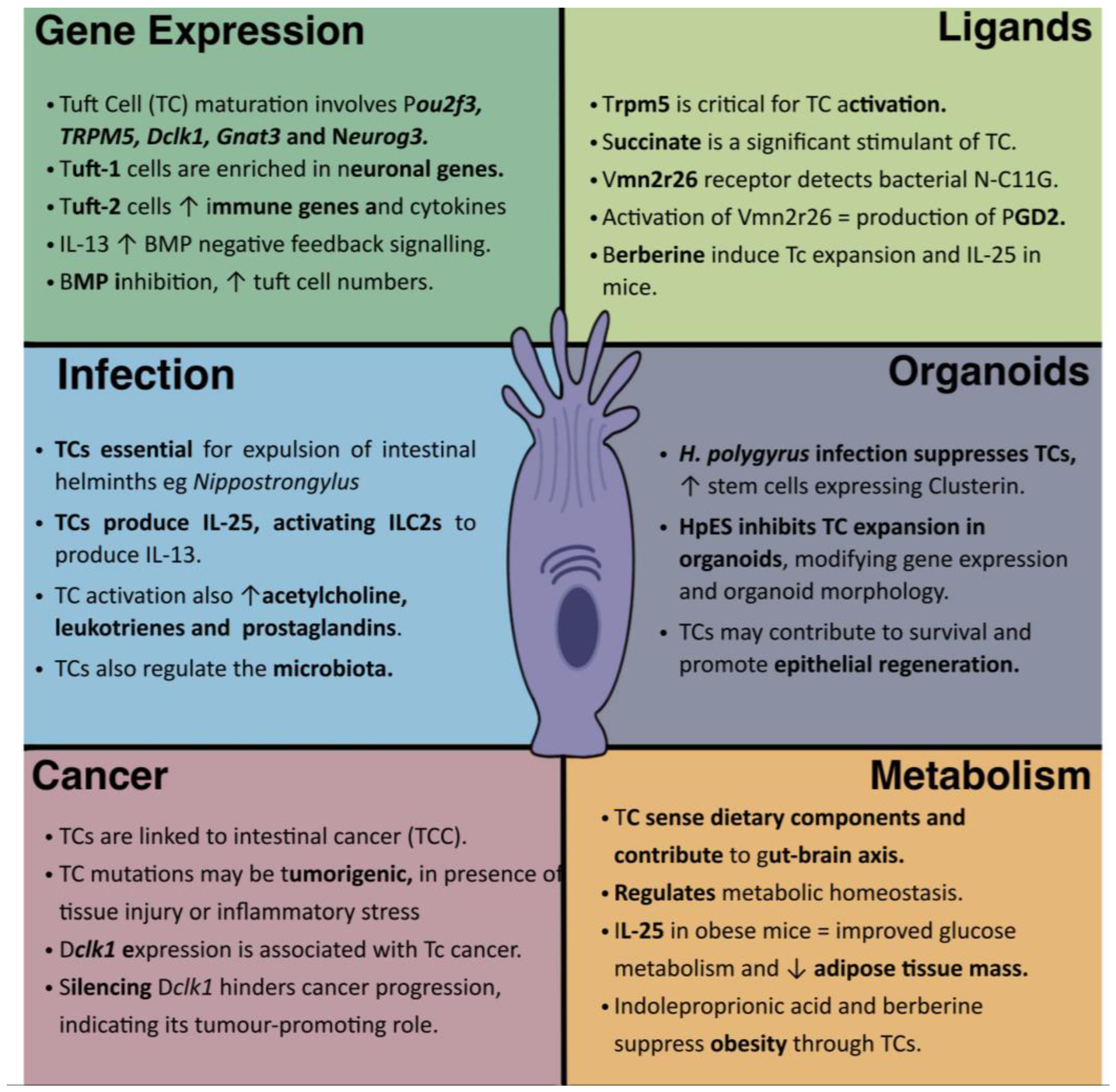
Tuft cells have recently emerged as the focus of intense interest following the discovery of their chemosensory role in the intestinal tract, and their ability to activate Type 2 immune responses to helminth parasites. Moreover, they populate a wide range of mucosal tissues and are intimately connected to immune and neuronal cells, either directly or through the release of pharmacologically active mediators. They are now recognised to fulfil both homeostatic roles, in metabolism and tissue integrity, as well as acting as the first sensors of parasite infection, immunity to which is lost in their absence. In this review we focus primarily on the importance of tuft cells in the intestinal niche, but also link to their more generalised physiological role and discuss their potential as targets for the treatment of gastrointestinal disorders.
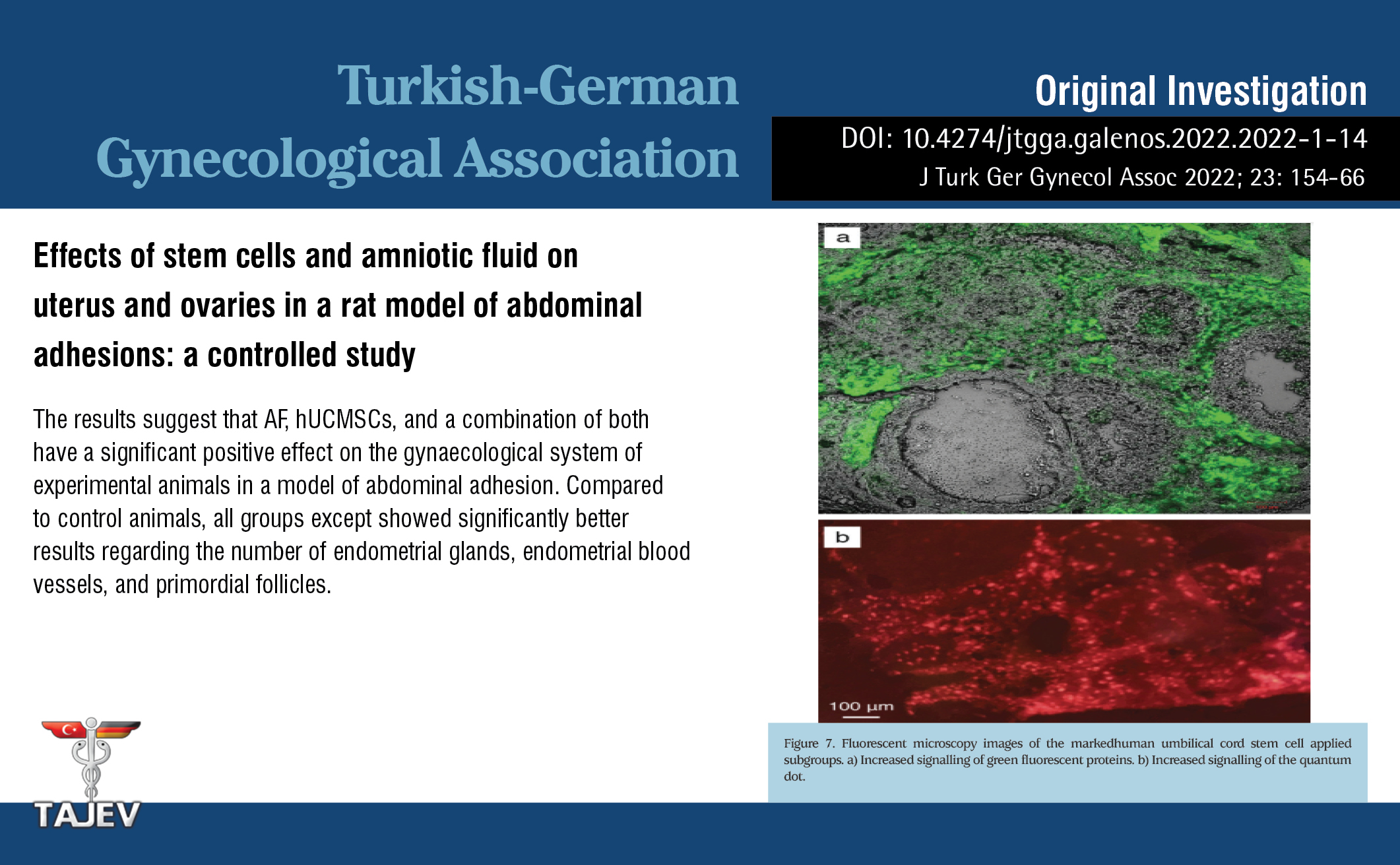
JTurkGerGynecolAssoc on X: Effects of stem cells and amniotic fluid on uterus and ovaries in a rat model of abdominal adhesions: a controlled study You can see the free full text of

Cell-Free Synthetic Biology for Pathway Prototyping - ScienceDirect
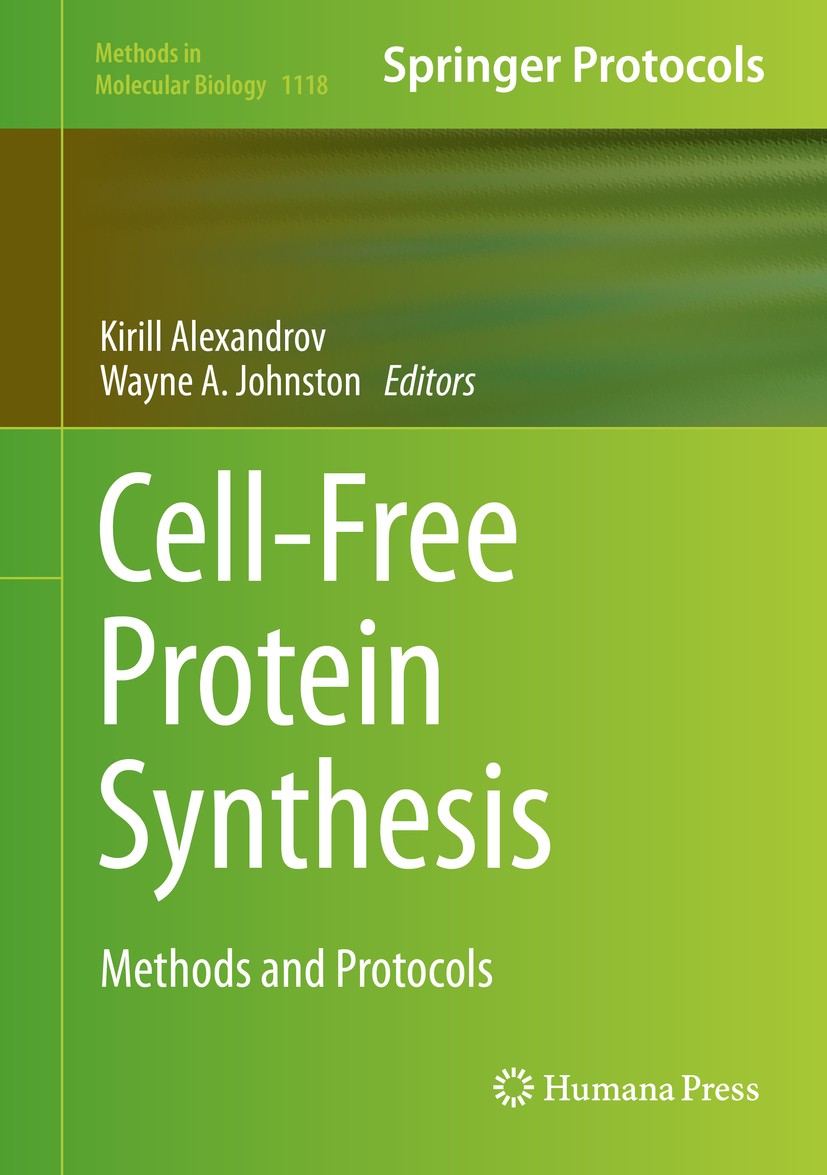
Cell-Free Protein Synthesis: Methods and Protocols
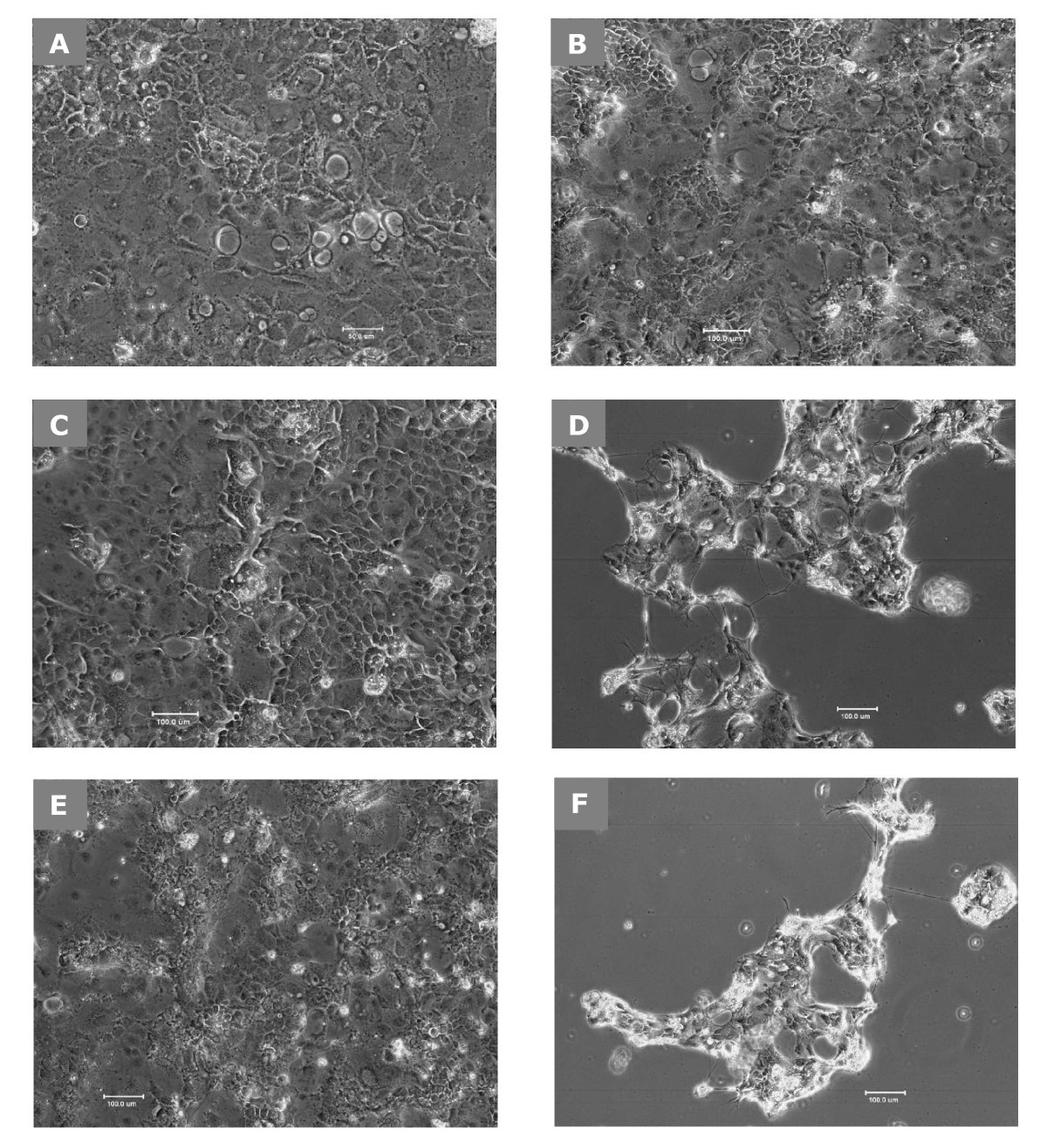
Lactobacillus delbrueckii ssp. bulgaricus B-30892 can inhibit cytotoxic effects and adhesion of pathogenic Clostridium difficile to Caco-2 cells, Gut Pathogens
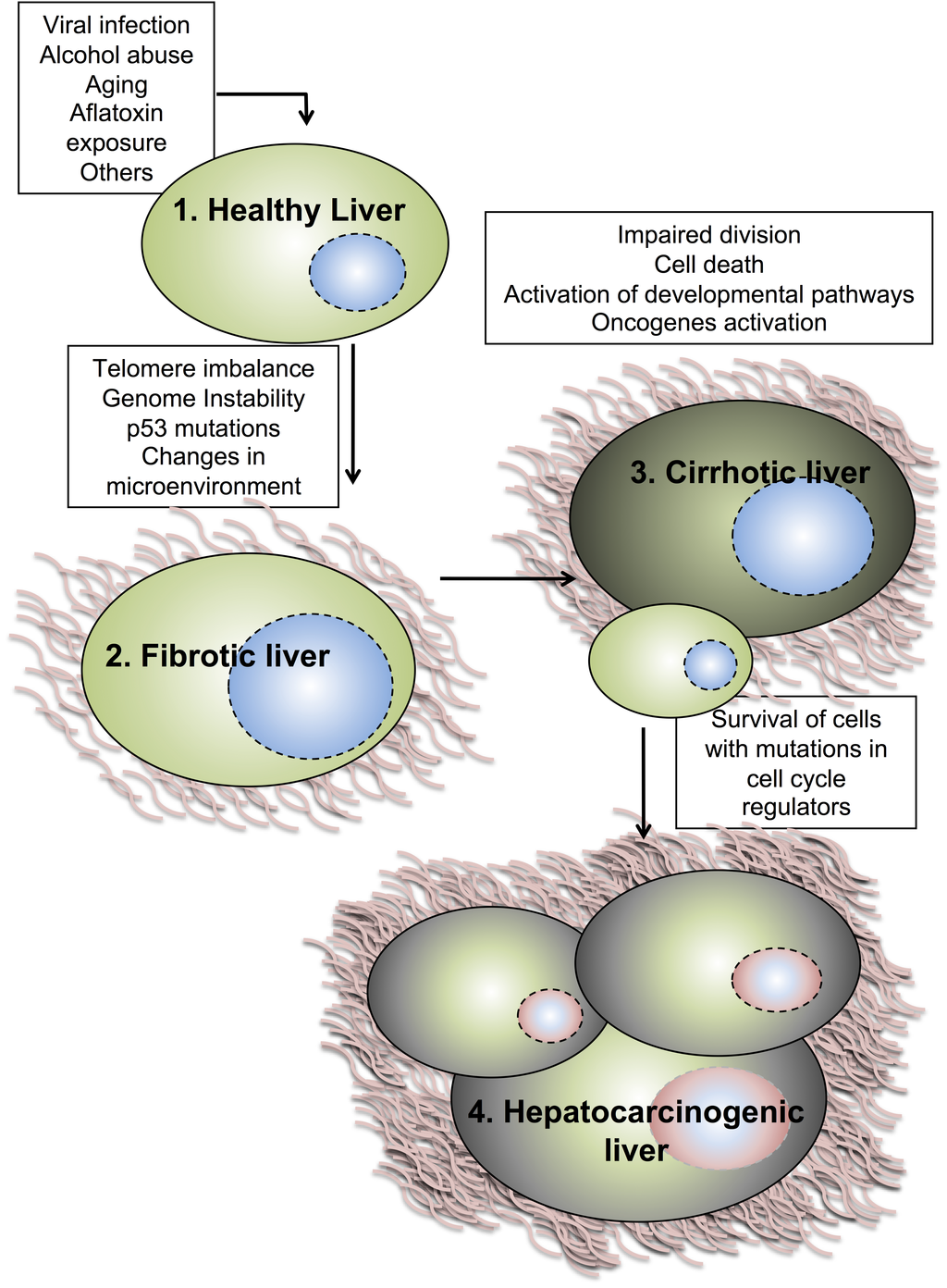
Cancers, Free Full-Text

Electrochemical characterization of anode‐free K‐metal full‐cells. a)
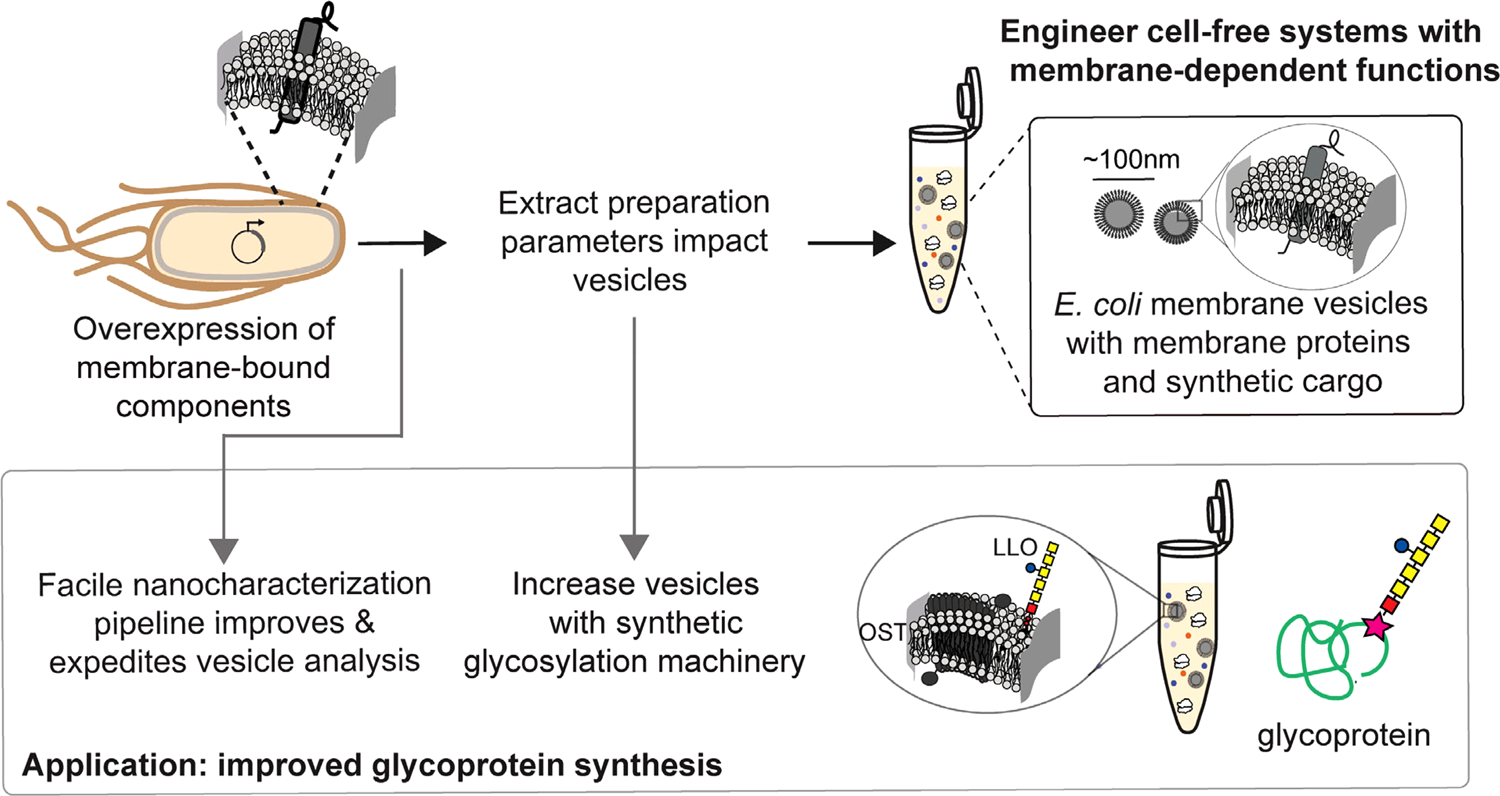
Improving cell-free glycoprotein synthesis by characterizing and enriching native membrane vesicles
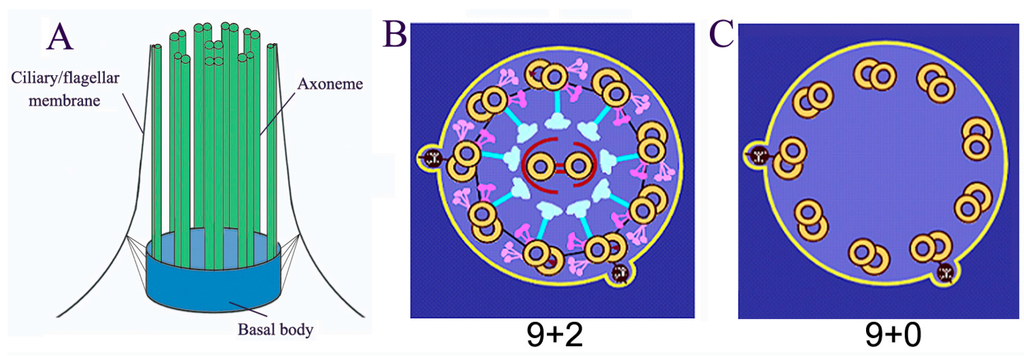
Cells, Free Full-Text

The cell-free system: A new apparatus for affordable, sensitive, and portable healthcare - ScienceDirect
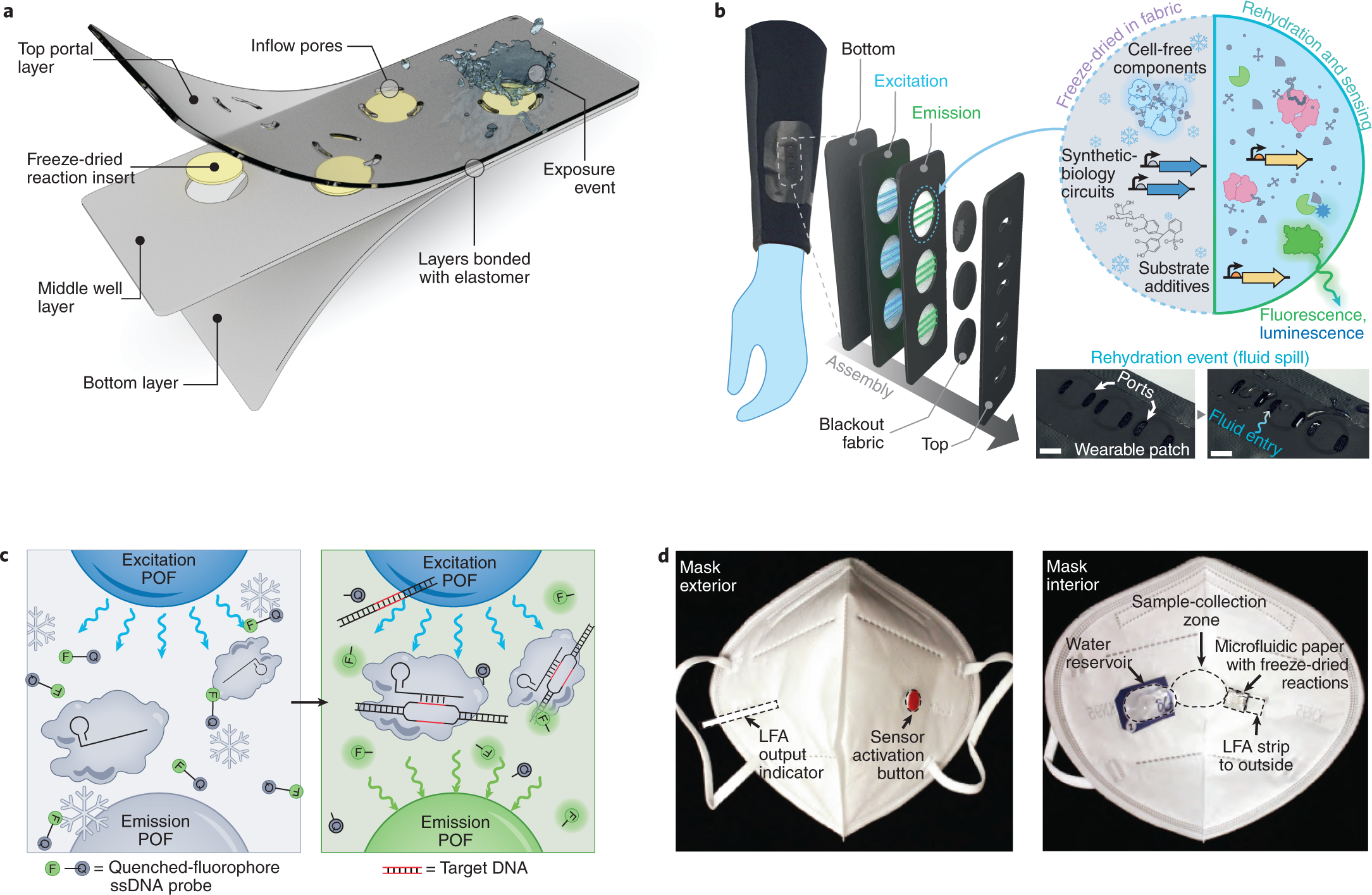
Textile-embedded cell-free biosensors
Recomendado para você
-
 5 Anticipated Games We Are Surprised Have Not Come to Nintendo Switch Yet - EssentiallySports08 abril 2025
5 Anticipated Games We Are Surprised Have Not Come to Nintendo Switch Yet - EssentiallySports08 abril 2025 -
 Chiefs' WR Justyn Ross reinstated; Andy Reid weighs in on return08 abril 2025
Chiefs' WR Justyn Ross reinstated; Andy Reid weighs in on return08 abril 2025 -
 Vikings WR Justin Jefferson says he's playing Sunday08 abril 2025
Vikings WR Justin Jefferson says he's playing Sunday08 abril 2025 -
 God Of War Ragnarok Crafting Guide - GameSpot08 abril 2025
God Of War Ragnarok Crafting Guide - GameSpot08 abril 2025 -
 iPhone XR Dabbing Unicorn Russia Ice Hockey Fans Jersey Winter Sports Case08 abril 2025
iPhone XR Dabbing Unicorn Russia Ice Hockey Fans Jersey Winter Sports Case08 abril 2025 -
 WR Tetairoa McMillan expected to be 'game-changer' for Arizona thanks to height, jump-ball skills08 abril 2025
WR Tetairoa McMillan expected to be 'game-changer' for Arizona thanks to height, jump-ball skills08 abril 2025 -
 Review of Escape the Dark Castle – by Alan How08 abril 2025
Review of Escape the Dark Castle – by Alan How08 abril 2025 -
 World War II In Western Europe v1.071 : W.R. Hutsell : Free Download, Borrow, and Streaming : Internet Archive08 abril 2025
World War II In Western Europe v1.071 : W.R. Hutsell : Free Download, Borrow, and Streaming : Internet Archive08 abril 2025 -
 War Robots: Frontiers Early Access is live now! - Pixonic08 abril 2025
War Robots: Frontiers Early Access is live now! - Pixonic08 abril 2025 -
 LEGENDARY Skin Preview: Supreme Cells Sett - League of Legends: Wild Rift08 abril 2025
LEGENDARY Skin Preview: Supreme Cells Sett - League of Legends: Wild Rift08 abril 2025
você pode gostar
-
 Storyboarding Keeps the Process Going, Rowlbertos Media08 abril 2025
Storyboarding Keeps the Process Going, Rowlbertos Media08 abril 2025 -
 Broadway Play Home - It's Only A Play08 abril 2025
Broadway Play Home - It's Only A Play08 abril 2025 -
 May (Anime)08 abril 2025
May (Anime)08 abril 2025 -
 Vela Topo De Bolo De Aniversario 15 Anos08 abril 2025
Vela Topo De Bolo De Aniversario 15 Anos08 abril 2025 -
 A Glitch in the Frontier, Titanfall Wiki08 abril 2025
A Glitch in the Frontier, Titanfall Wiki08 abril 2025 -
 Catalani Name Meaning, Family History, Family Crest & Coats of Arms08 abril 2025
Catalani Name Meaning, Family History, Family Crest & Coats of Arms08 abril 2025 -
 Dishonored 2 - PlayStation 4 : Bethesda Softworks Inc08 abril 2025
Dishonored 2 - PlayStation 4 : Bethesda Softworks Inc08 abril 2025 -
 desenho de uma única linha pintora artista feminina com gestos ok usando ferramentas de pintura como pincéis, telas e aquarelas na produção de arte. ilustração em vetor gráfico desenho linha contínua 359484908 abril 2025
desenho de uma única linha pintora artista feminina com gestos ok usando ferramentas de pintura como pincéis, telas e aquarelas na produção de arte. ilustração em vetor gráfico desenho linha contínua 359484908 abril 2025 -
 1001 Video Games Para Jogar Antes de Morrer : Tony Mott: 本08 abril 2025
1001 Video Games Para Jogar Antes de Morrer : Tony Mott: 本08 abril 2025 -
 Hoje tem jogo da Copa do Mundo 2022? Veja tabela e calendário08 abril 2025
Hoje tem jogo da Copa do Mundo 2022? Veja tabela e calendário08 abril 2025